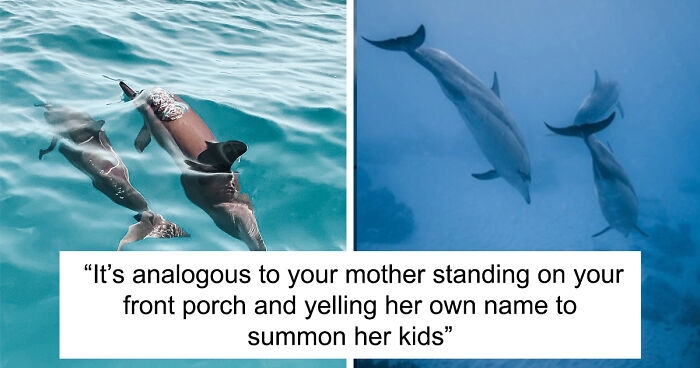
New Discovery Of Dolphins Using Baby Talk With Their Offspring Provides Fascinating Insight Into Animal Parenting
The bond between mother and child is undeniably special. Moms can sense if something is not right with their child even if they are miles away, cut sandwiches just the way their kid likes and provide a safe haven in their embrace. When baby babbles, it sounds like gibberish, but his mom knows what he wants and babbles back in a sing-songy voice, making the baby giggle happily. This is called “motherese” and, as it turns out, even dolphins use it when talking to their calves.
More info: nationalgeographic.com
Bottlenose dolphin mothers use baby talk to communicate with their offspring
Image credits: Jonas Von Werne
Dolphins are incredibly intelligent animals. They are quick learners, demonstrate a wide rage of emotions, have excellent problem-solving skills. There are even jokes that dolphins one day will take over the world.
Luckily, they are content staying in the water. Still, humans are fascinated by them and scientists are conducting studies to find more about these adorable mammals.
The newest study published in the Proceedings of the National Academy of Sciences found that female bottlenose dolphins use “motherese” or “infant-directed speech” when interacting with their calves.
Moms will be moms, no matter the species.
Image credits: Jeremy Bishop
When their babies are around, mothers use a higher and wider pitch than normal
Image credits: Daniel Torobekov
Human moms intuitively use a high-pitched, singsong voice when talking to their young children. Speaking in shorter sentences and emphasizing important words helps toddlers better develop their speech skills and gain a wider vocabulary.
Scientists wondered if there are any similarities between human and dolphin moms. Naturally, dolphins communicate differently from humans – they use their signature whistle that is unique to each dolphin. They repeat it multiple times and listen for another dolphin to respond.
“It’s analogous to your mother standing on your front porch and yelling her own name to summon her kids,” says Kelly Jaakkola, a cognitive psychologist and marine mammal biologist at the nonprofit Dolphin Research Center in Grassy Key, Florida.
At least baby dolphins won’t experience the utter terror of mom addressing them by their full name.
Image credits: Daniel Torobekov
Bottlenose dolphin calves stay with their mothers until they are three to six years old
Image credits: Guille Pozzi
Just like any good mom, a bottlenose dolphin female teaches her young necessary survival skills. Baby learns how to hunt food, navigate the ocean and stay safe. Unfortunately, the dads are deadbeats and do not get involved into rearing their offspring.
Image credits: Aaron Burden
“I just can’t even articulate what an amazing project it is”: the lead scientist couldn’t contain her fascination with these incredible animals
Image credits: Jess Loiterton
The study took place over 34 years and it gave us a small glimpse into the fascinating world of dolphins. It it a small step towards learning more about the mysteries of the creatures of the ocean.
What do you think about dolphins? Do they fascinate or terrify you?
Image credits: Richard Lloyd
People in the comments were gushing over adorable dolphins
Explore more of these tags
I hope this will provide an extra push for us to take action to save the oceans.
Agreed. The oceans are so vital to the health of so many ecosystems, it’s such a huge potential carbon sink and it’s such a peril if we ignore how it changes.
Load More Replies...And just think about this: The Taiji hunting season (Sept-March) not only herds in family groups, but pulls many for sale into the "dolphin show" world of entertainment. They often slaughter the remaining dolphins in the pod, but the young dolphins (not just sub adults) are herded back out to sea with a likelihood of perishing because they don't have any support system. Please encourage your friends and family to avoid any dolphin entertainment like aquariums, theme parks, cruises, swim with dolphins, or dolphin "therapy" these are either wild caught or descendants of said caught dolphins. It needs to end. More people need to be aware. Check out The Dolphin Project. They do great work and monitor what is torture to watch.
I hope this will provide an extra push for us to take action to save the oceans.
Agreed. The oceans are so vital to the health of so many ecosystems, it’s such a huge potential carbon sink and it’s such a peril if we ignore how it changes.
Load More Replies...And just think about this: The Taiji hunting season (Sept-March) not only herds in family groups, but pulls many for sale into the "dolphin show" world of entertainment. They often slaughter the remaining dolphins in the pod, but the young dolphins (not just sub adults) are herded back out to sea with a likelihood of perishing because they don't have any support system. Please encourage your friends and family to avoid any dolphin entertainment like aquariums, theme parks, cruises, swim with dolphins, or dolphin "therapy" these are either wild caught or descendants of said caught dolphins. It needs to end. More people need to be aware. Check out The Dolphin Project. They do great work and monitor what is torture to watch.

 Dark Mode
Dark Mode 

 No fees, cancel anytime
No fees, cancel anytime 


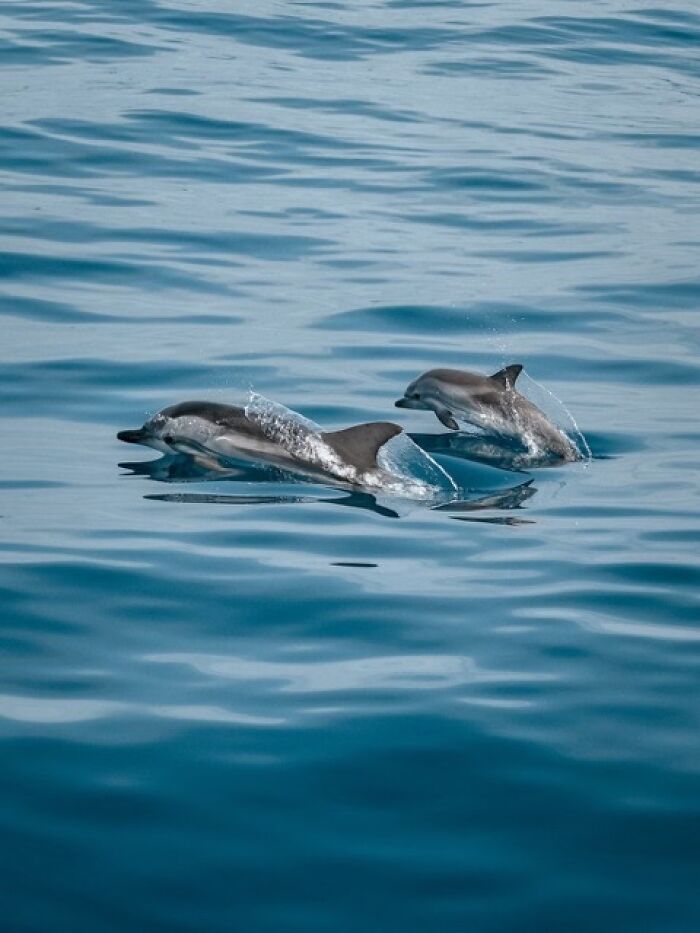
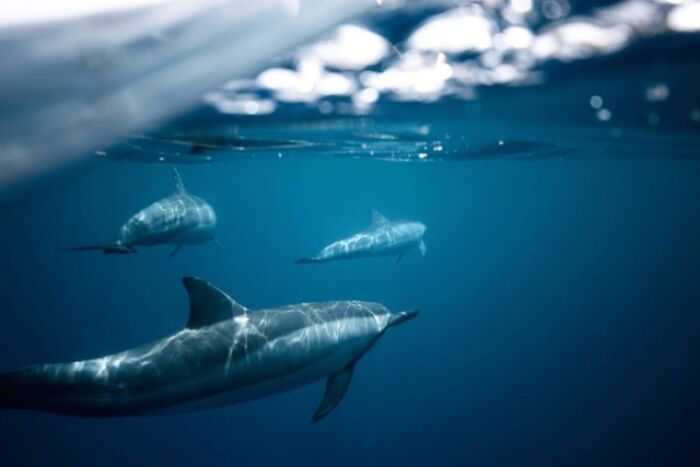
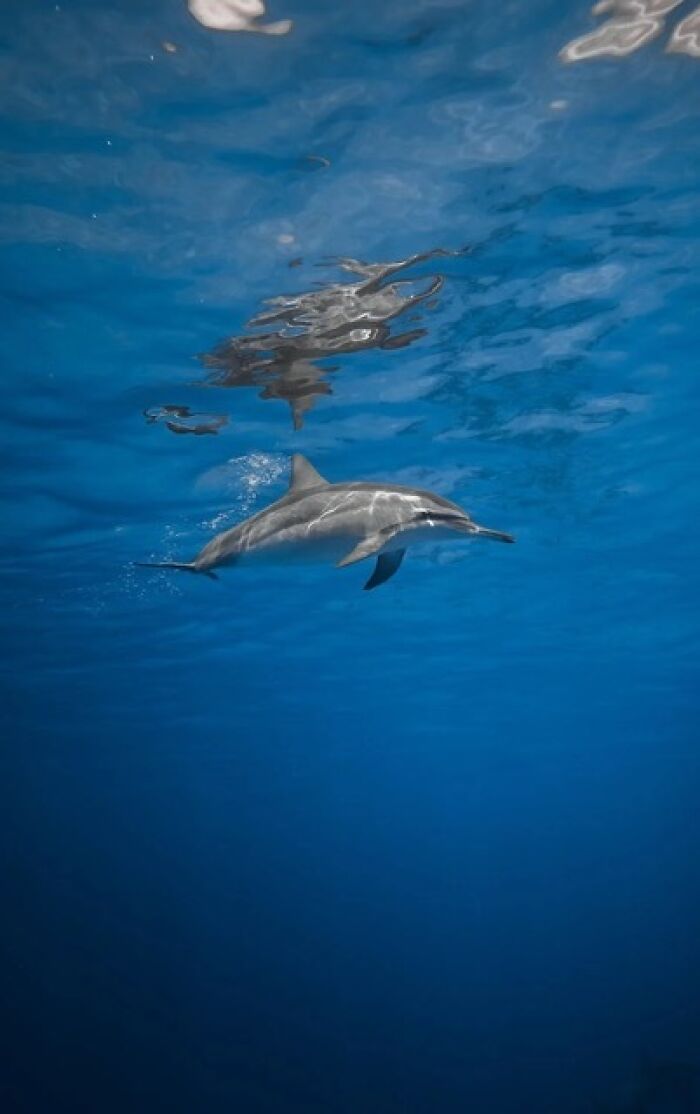
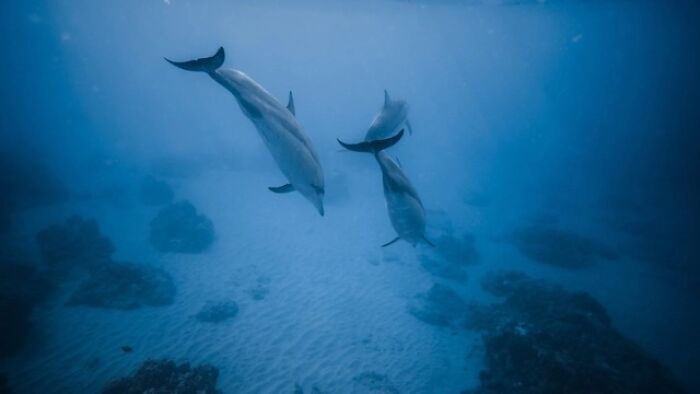
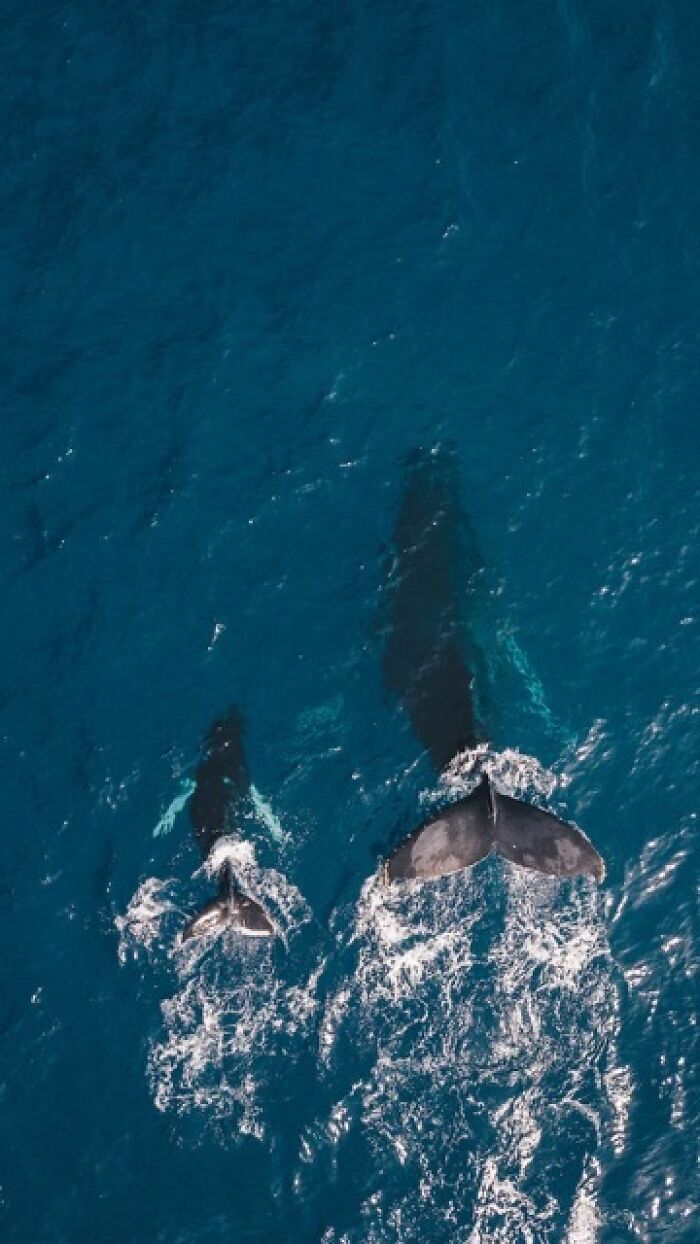
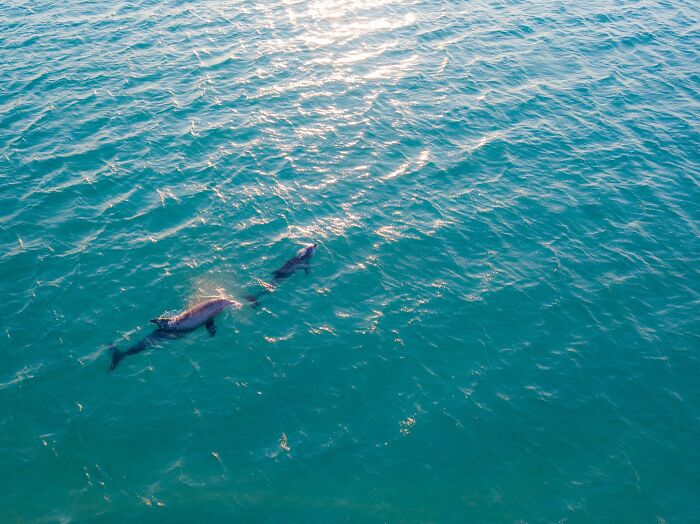
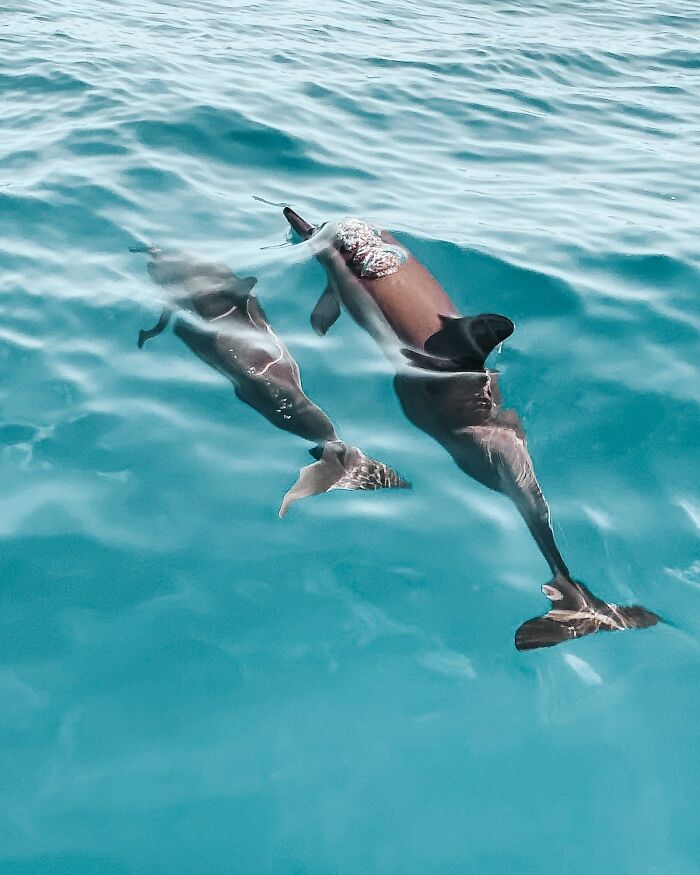
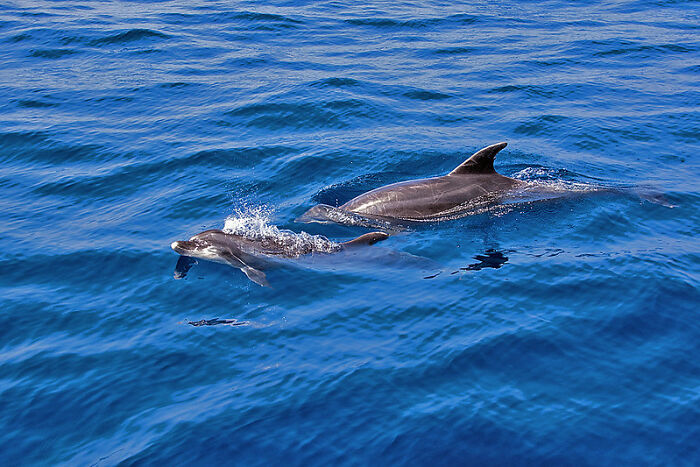



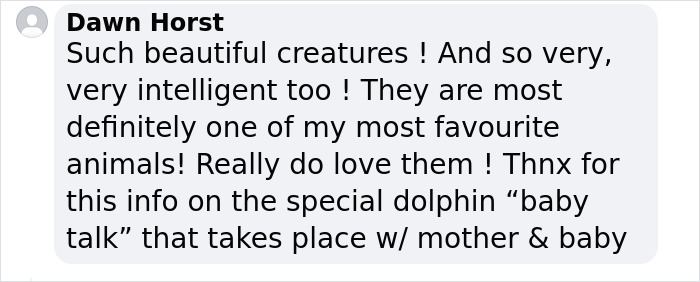



















































78
3